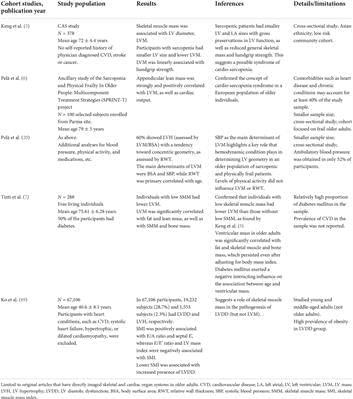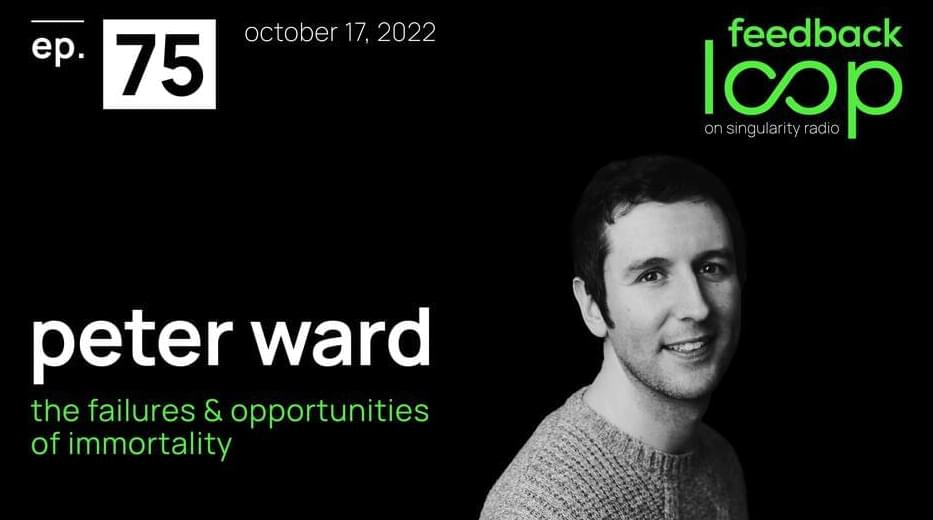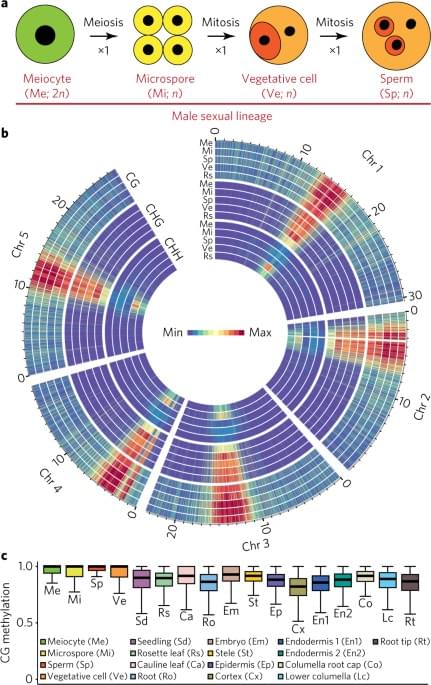As any weekend warrior understands, cartilage injuries to joints such as knees, shoulders, and hips can prove extremely painful and debilitating. In addition, conditions that cause cartilage degeneration, like arthritis and temporomandibular joint disorder (TMJ), affect 350 million people in the world and cost the U.S. public health system more than $303 billion every year. Patients suffering from these conditions experience increased pain and discomfort over time.
However, an exciting study led by faculty at The Forsyth Institute suggests new strategies for making cartilage cells with huge implications in regenerative medicine for future cartilage injuries and degeneration treatments. In a paper, entitled “GATA3 mediates nonclassical β-catenin signaling in skeletal cell fate determination and ectopic chondrogenesis,” co-first authors Takamitsu Maruyama and Daigaku Hasegawa, and senior author Wei Hsu, describe two breakthrough discoveries, including a new understanding of a multifaced protein called β-catenin.
Dr. Hsu is a senior scientist at the Forsyth Insitute and a Professor of Developmental Biology at Harvard University. He is also an affiliate faculty member of the Harvard Stem Cell Institute. Other members conducting the study included Swiss scientists Tomas Valenta and Konrad Basler, and Canadian scientists Jody Haigh and Maxime Bouchard. The study appears in the most recent issue of Science Advances.







